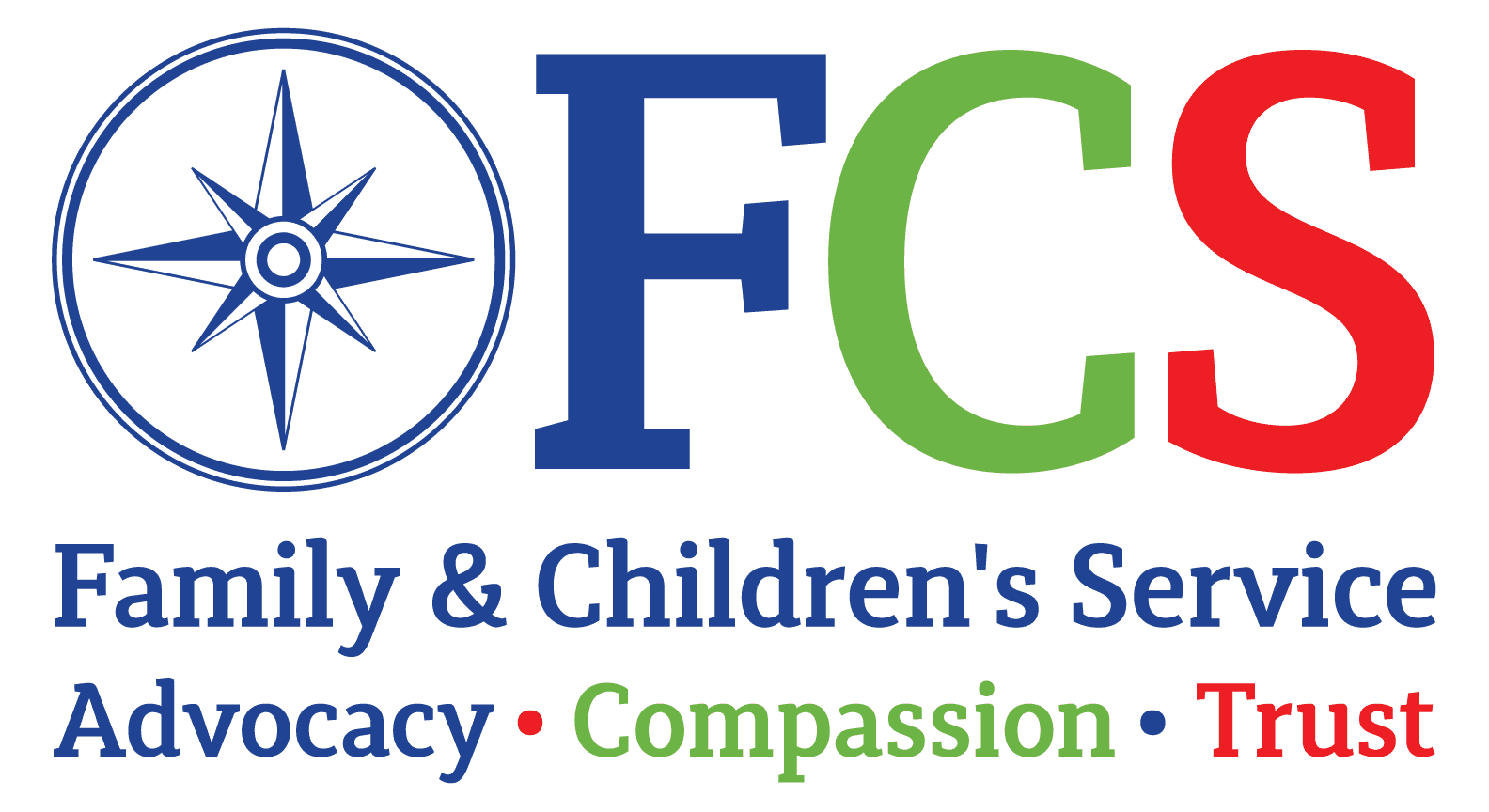“The grants that support our home care services are often the last option for people, and we are haunted by the thought that many people in real need are hidden in our community and do not even know about these services that could make a profound difference in their lives.”
FCS CEO Delly Beekman recently testified before the Monmouth County Office on Aging, Disabilities and Veterans Services on the need for sustained funding of critical services for vulnerable adults in our community. FCS receives county funding to provide home care, supportive care services and Adult Protective Services to adults in the county. In recent years, that funding has been reduced.
“I have been testifying before the Monmouth County Office on Aging, Disabilities and Veterans Services for four years, and in that time, the problems confronted by our staff in the field… our social workers, nurses, certified home health and supportive care aides … have become even more acute. We are finding that our clients are sicker, that they are living in worse, sometimes deplorable conditions, and that their network of social support is virtually nonexistent.
We continue to find complex health issues among the elderly and disabled and an increasing number of clients who suffer from mental health issues. Critically ill seniors in a fragile state continue to be released too quickly from hospitals and rehab facilities, and then end up back in the hospital. When they are discharged, many are prescribed an overwhelming regimen of medications that they take inappropriately, or not at all. We are also seeing a growing need among our younger adult clients with progressively debilitating illnesses like multiple sclerosis and traumatic brain injury who require more services as their conditions deteriorate.
The grants that support our home care services are often the last option for people and we are haunted by the thought that many people in real need are hidden in our community and do not even know about these services that could make a profound difference in their lives.
When funding is cut, services are cut for clients who actually need more. For example, we have bed-bound clients needing assistance with bathing, feeding and changing, who due to funding cuts, may only have an aide for two hours a day. As a result, they are forced to lie in a urine-soaked diaper until the aide returns the next day. Some refuse to eat or drink for fear that their diaper will not be changed.
According to the US Census, those over 80 are the fastest growing segment of the population. We are seeing frail caregivers in their 70’s with health issues trying to care for their frail parents in their 90’s. More than 20% of our home care clients are 90 and older.
One answer for these seniors is to apply for Medicaid assistance, if they qualify – many don’t. Medicaid MLTSS do cover more services, however, applying for them can be an onerous process especially for those who aren’t well or who live alone. Even when they do apply, we are finding an up to a six-month backlog from when clients submit the forms for Medicaid to when they are approved; then a one to two month wait for services to begin.
Society wants people to remain at home versus moving to a nursing home, and most individuals desire the same thing, but it requires the necessary resources. In 2015 due to budget cuts, we provided home care service to 251 clients, versus 272clients the year before. We currently have a waiting list of 101 people.
We sincerely believe that adequate home care services have the ability to reduce hospital emergency room admissions, increase compliance with medical regimens, manage complex chronic diseases, improve health outcomes, enhance patient satisfaction, and overall reduce costs within the healthcare system.
We are very grateful to be able to help these families and ask that every effort be made to at least sustain current funding levels for the home care grants and increase, if possible, funding for Adult Protective Services.”
Delly Beekman
CEO
